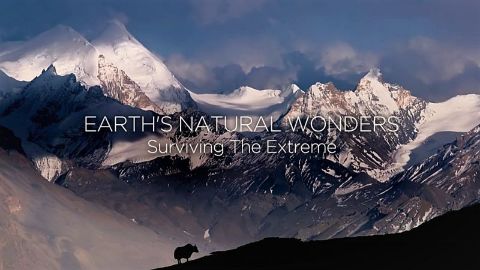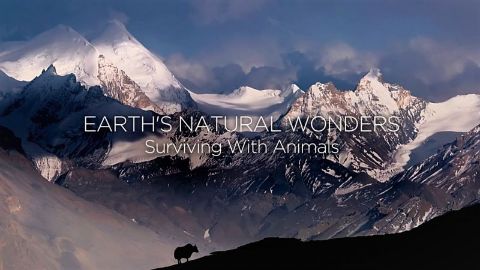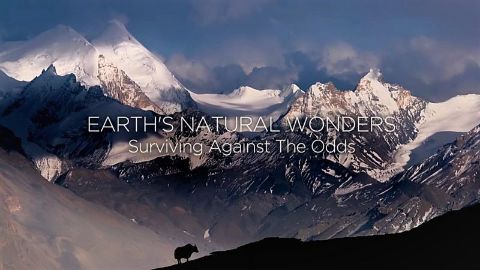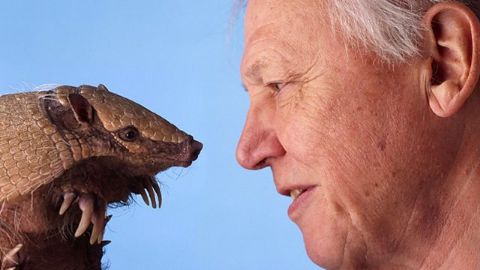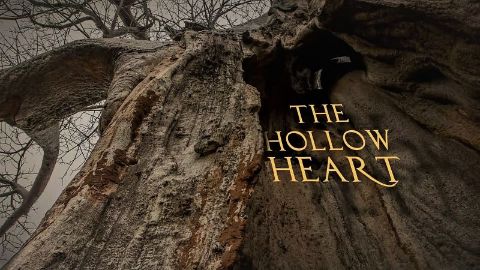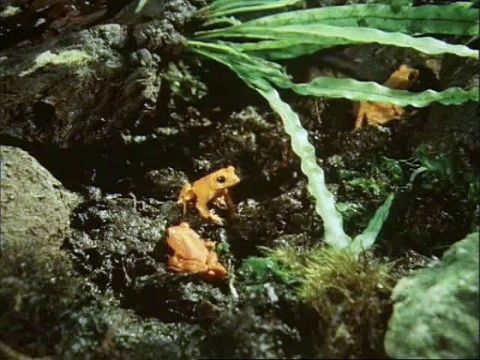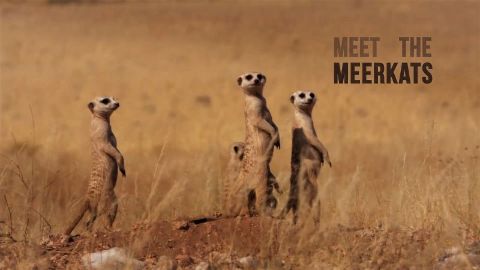Earth's Natural Wonders: Series 2 • 2018 • 3 episodes •
In the high Himalaya, yak-herder Thokmay Lowa and his small group steer his herd through one of the region's extreme mountain passes. For several months of the year, In the Canadian Arctic, traditional Inuit communities still forage for much of their food. 63-year-old Minnie Nappaaluk and her granddaughter Eva embark on one of the most hazardous expeditions for food Some Natural Wonders are threatened as never before - nowhere more so than the Brazilian Amazon. In the Mato Grosso, as a result of deforestation, the region's microclimate has changed. Now fires rage out of control in the dry season.
2018 • Nature
In many of the earth's natural wonders there is an abundance of animals. These can be a devastating threat to the people who live there, or they can provide a means of survival, but often at a high price. In the coastal salt marshes of northern Australia's Arnhem Land, Indigenous Australians still go hunting for the eggs of one of the world's most aggressive predators - the saltwater crocodile. Vanuatu is an island paradise in the south Pacific, but life here isn't perhaps as idyllic as it appears. Overfishing has reduced fish stocks, making food harder to come by for the indigenous islanders like 45-year-old Nigasau.
2018 • Nature
In some of the world's most spectacular natural wonders, people push themselves to the limit in order to survive. For the people who call these extraordinary places home, survival requires skill, ingenuity and bravery. In Brazil, the Kamayura people of the Xingu Indigenous Park believe they must appease the spirits if they are to remain in good health. In Ethiopia, belief in a higher power leads villagers in the Tigray region to climb a huge, vertiginous mountainside to reach their church. Laos is one of the most fertile places on earth. Despite this, life is dangerous for the rice farmers in this beautiful country. During the Vietnam War, the United States dropped an estimated 270 million bombs on this small country and approximately 80 million of them failed to explode.
2018 • Nature
